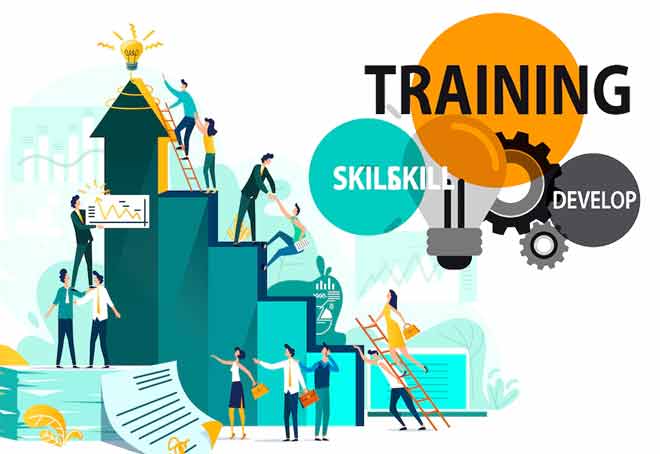Introduction:
As the job market evolves due to technological advancements, globalization, and changing socio-economic factors, the skills required to succeed are also shifting. Future skills frameworks aim to identify and develop the competencies that will be most valuable in the coming years, ensuring individuals and organizations can adapt to these changes. This guide explores the key components of future skills frameworks and provides strategies for acquiring these skills.
Key Components of Future Skills Frameworks
1. Technical Skills:
Digital Literacy: Proficiency in using digital tools and platforms is foundational. This includes basic computer skills, internet navigation, and understanding of cybersecurity.
Data Analysis: The ability to analyze and interpret data is increasingly important. Skills in data science, machine learning, and artificial intelligence are in high demand.
Coding and Programming: Familiarity with coding languages such as Python, Java, and SQL can open up numerous opportunities across various industries.
2.Soft Skills:
Critical Thinking and Problem-Solving: The ability to think critically and solve complex problems is essential in navigating the rapidly changing work environment.
Emotional Intelligence: Understanding and managing one’s own emotions, as well as empathizing with others, is crucial for effective teamwork and leadership.
Adaptability and Resilience: Being adaptable and resilient allows individuals to thrive amidst uncertainty and change.
3. Interpersonal Skills:
Collaboration and Teamwork: Working effectively in teams, both in-person and virtually, is increasingly important as workplaces become more collaborative.
Communication: Clear and effective communication, including writing, speaking, and listening, is vital in almost every profession.
Cultural Intelligence: As workplaces become more diverse, understanding and respecting cultural differences is critical.
4. Leadership and Management Skills:
Strategic Thinking: The ability to think strategically and anticipate future trends helps in making informed decisions.
Project Management: Skills in planning, executing, and managing projects ensure that objectives are met efficiently.
Innovation and Creativity: Encouraging innovation and creativity can lead to new solutions and improvements.
Strategies for Developing Future Skills
1. Continuous Learning:
Online Courses and Certifications: Platforms like Coursera, Udacity, and LinkedIn Learning offer courses on emerging skills.
Workshops and Seminars: Attending workshops and seminars can provide hands-on experience and networking opportunities.
2. On-the-Job Training:
Job Rotation and Cross-Training: Engaging in different roles within an organization can build a diverse skill set.
Mentorship Programs: Learning from experienced professionals through mentorship can provide valuable insights and guidance.
3. Networking and Professional Communities:
Industry Conferences and Meetups: Participating in industry events can help stay updated on trends and build professional connections.
Online Communities: Joining online forums and groups related to specific skills or industries can facilitate knowledge sharing and collaboration.
4. Personal Projects and Freelancing:
Side Projects: Working on personal projects can provide practical experience and demonstrate initiative.
Freelancing: Taking on freelance work can help build a portfolio and gain diverse experiences.
Conclusion :
Understanding and developing the skills that will be in demand in the future job market is essential for career success and organizational growth. By focusing on technical, soft, interpersonal, and leadership skills, and adopting continuous learning and development strategies, individuals and businesses can stay ahead of the curve and thrive in an ever-changing landscape.

